AeroGenie — Your Intelligent Copilot.
Trending
Categories
Operating Costs of the Airbus A380 in 2025
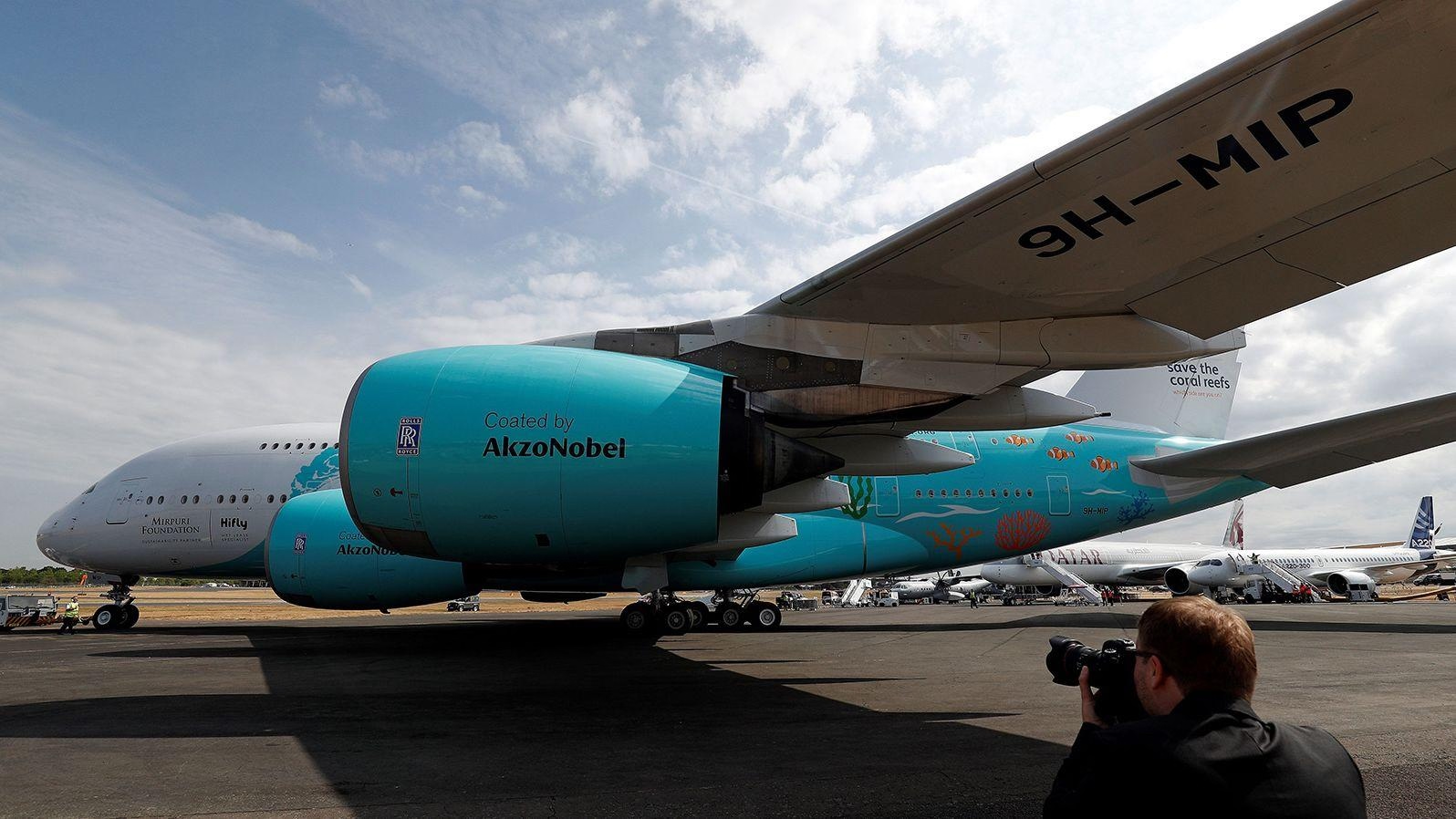
Operating Costs of the Airbus A380 in 2025
Flying the Airbus A380—the world’s largest passenger aircraft—continues to captivate the aviation industry more than two decades after its inaugural flight. In 2025, amid a post-pandemic recovery and ongoing global economic uncertainty marked by recessionary pressures, questions surrounding the A380’s cost efficiency and long-term viability have become increasingly pertinent.
The A380’s Enduring Appeal and Market Resurgence
Although Airbus ceased production of the A380 in 2021, the aircraft has experienced a notable resurgence in recent years. Airlines such as Emirates have successfully optimized the superjumbo’s deployment on high-demand, long-haul routes, capitalizing on its exceptional passenger capacity to maintain competitive per-seat costs. New market entrants like Global Airlines are banking on premium service offerings and densely packed routes to justify the aircraft’s substantial operating expenses. Additionally, Etihad Airways has reintroduced its sixth A380 into service, defying the broader trend of declining global operators of the type.
Economic Challenges and Industry Dynamics
The operational landscape for the A380 in 2025 is marked by significant challenges. Rising fuel prices, persistent supply chain disruptions, and weakening demand—particularly in North America—have compelled many U.S. carriers to revise or withhold their annual forecasts. Compounding these difficulties are global uncertainties, including tariffs imposed by the U.S. government, which have elevated costs across the aviation sector. Consequently, the future of the A380 within many airline fleets remains uncertain, with some operators opting to retire or scale back their superjumbo operations.
Despite these headwinds, the A380’s unique capabilities continue to attract interest in niche markets. Airports constrained by limited slots and a renewed demand for luxury travel experiences have helped sustain the aircraft’s appeal in select regions. Meanwhile, companies such as VAS Aero Services are leveraging the shrinking A380 fleet by targeting the lucrative $29 billion maintenance, repair, and overhaul (MRO) market through aircraft teardowns. Airbus, for its part, remains optimistic about meeting its delivery targets for the year.
Analyzing the A380’s Operating Costs
Operating the Airbus A380 in 2025 typically incurs costs ranging from $25,000 to $35,000 per flight hour, influenced by factors such as aircraft configuration, fuel prices, and maintenance requirements. Fuel consumption is a primary cost driver, with the A380 burning approximately 4,600 gallons of jet fuel per hour, equating to $9,000 to $13,000 per hour depending on prevailing Jet-A fuel prices. Maintenance expenses are also significant, averaging between $6,000 and $8,000 per hour due to the aircraft’s four engines and complex systems, which far exceed the maintenance costs of newer twin-engine models like the Airbus A350 or Boeing 787.
Crew costs, encompassing pilots and cabin staff, range from $2,000 to $3,000 per hour. Airport handling fees are substantial as well, typically between $3,000 and $5,000 per hour, reflecting the aircraft’s size and operational requirements. Navigation charges add approximately $1,000 per hour to the total operating cost. While these expenses rank among the highest in commercial aviation, the A380’s capacity to carry over 500 passengers enables airlines to distribute costs effectively, maintaining viability on select high-density routes.
Outlook for the Airbus A380
The Airbus A380 remains an emblem of ambition and luxury within the aviation sector. Its future, however, depends on the industry’s capacity to navigate economic pressures, shifting passenger demand, and the operational realities of managing such a large aircraft. For the time being, the superjumbo continues to operate, albeit in a more limited yet still significant role.
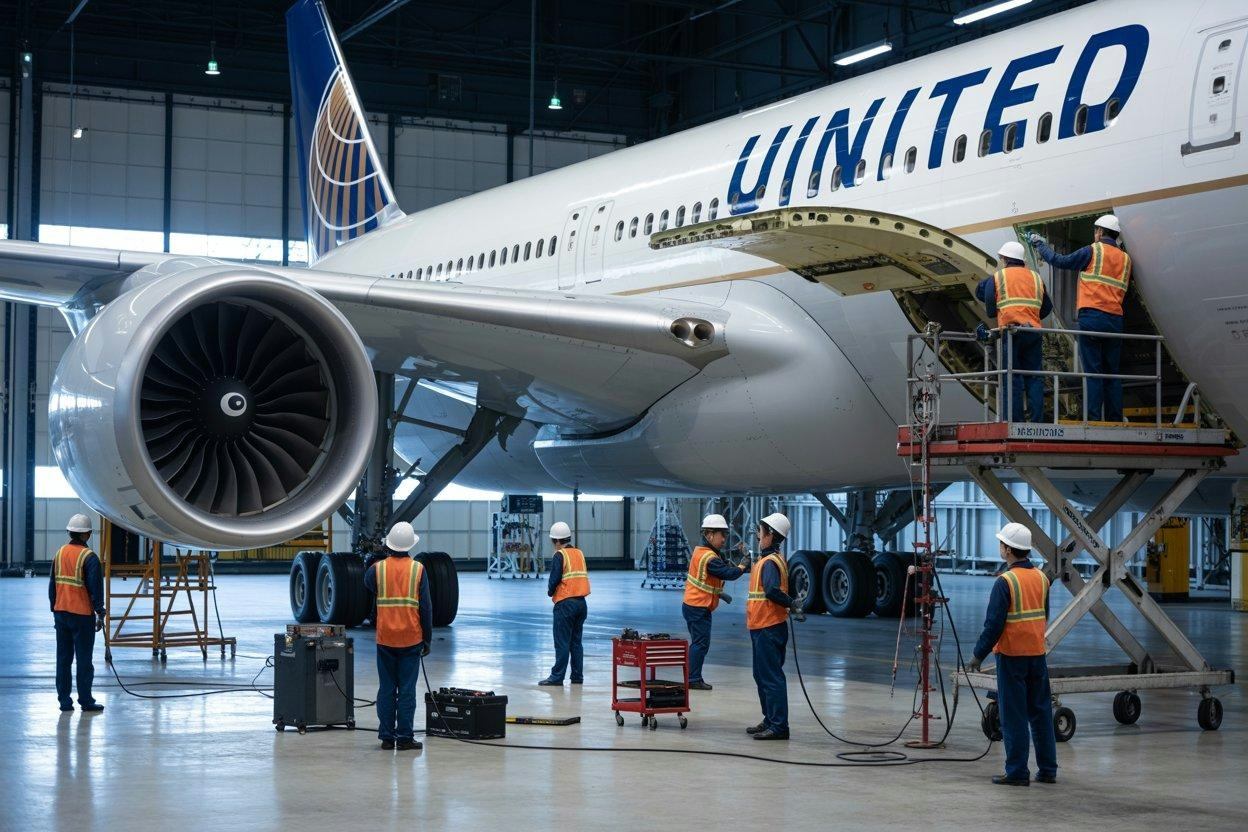
US Audit Identifies FAA Oversight Gaps at United Maintenance

The Impact of Agentic AI on Airport Operations
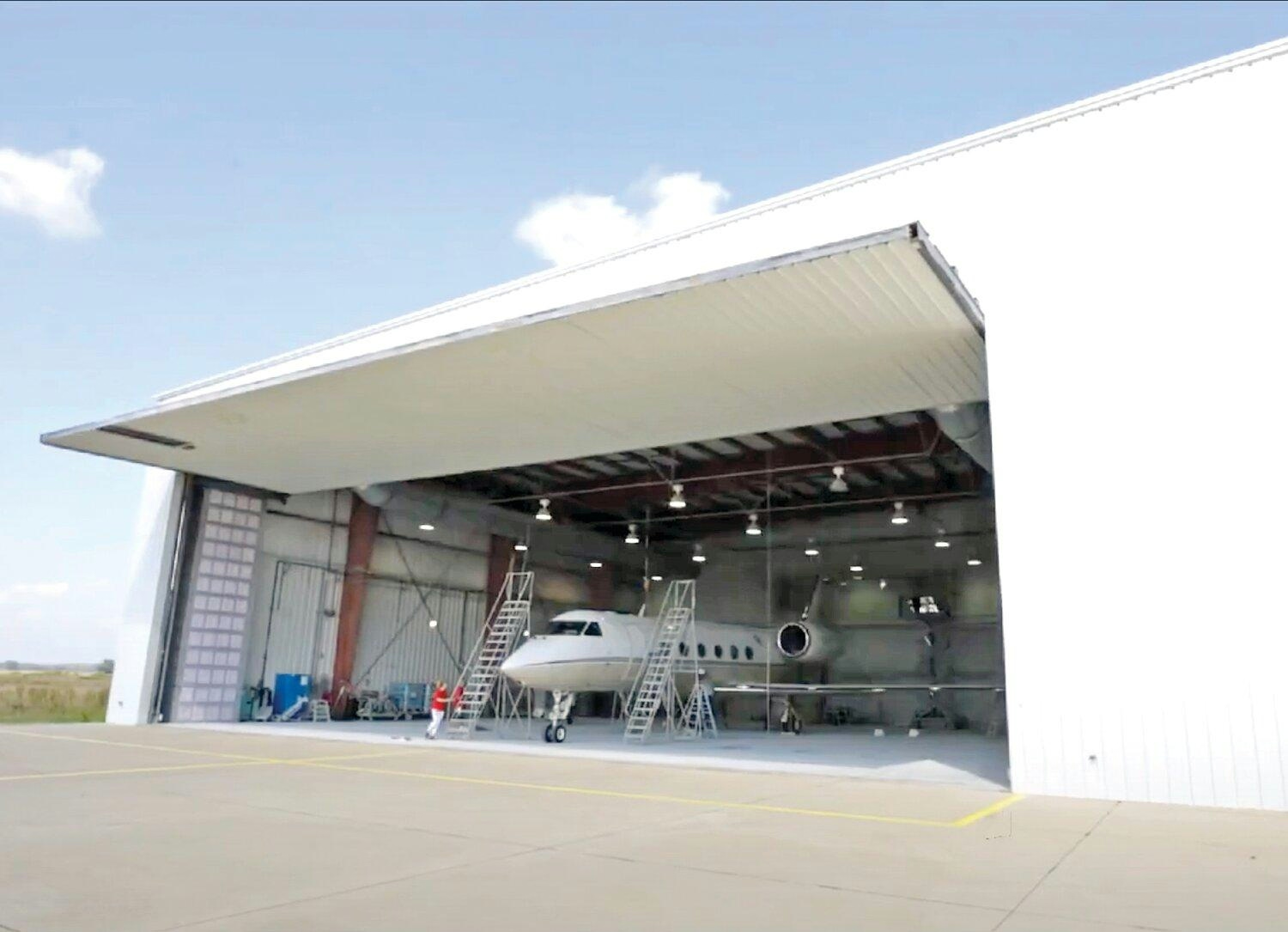
West Star Aviation Announces Expansion in Chattanooga

Aviation Design Software Market Projected to Reach $2.8 Billion
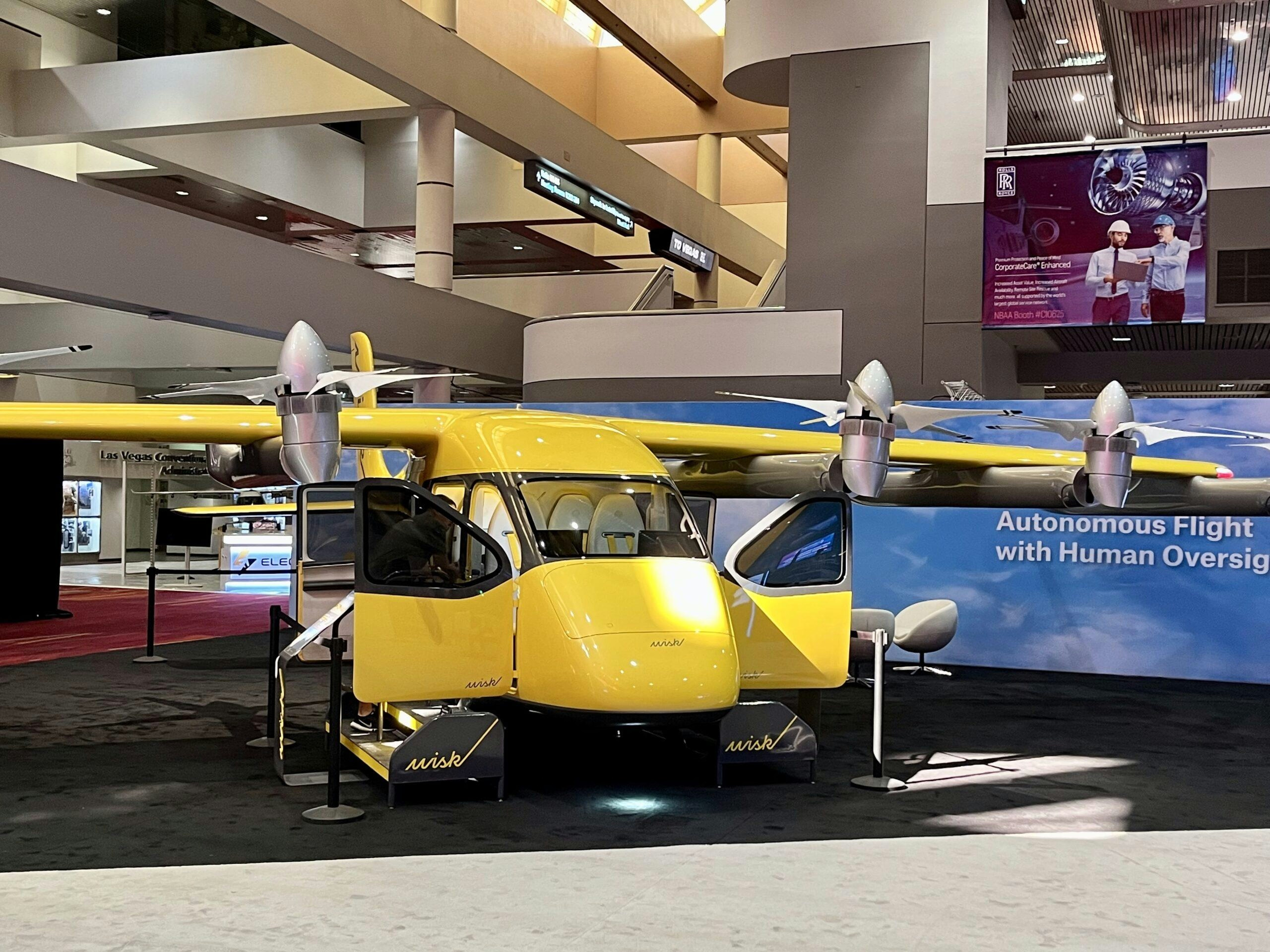
The Future of Aviation in Africa Amid Digital Transformation
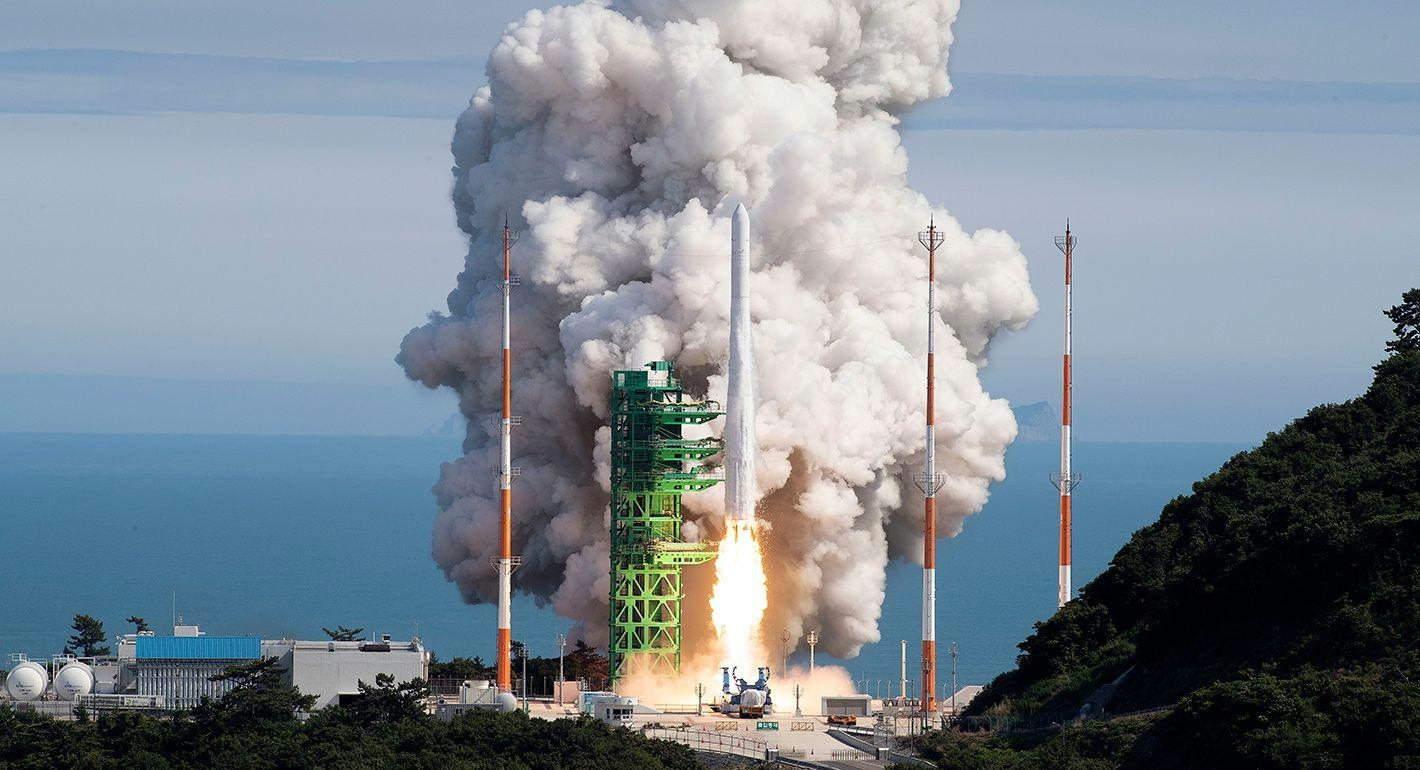
Gyeongnam Province Unveils Mid- to Long-Term Aerospace Industry Roadmap
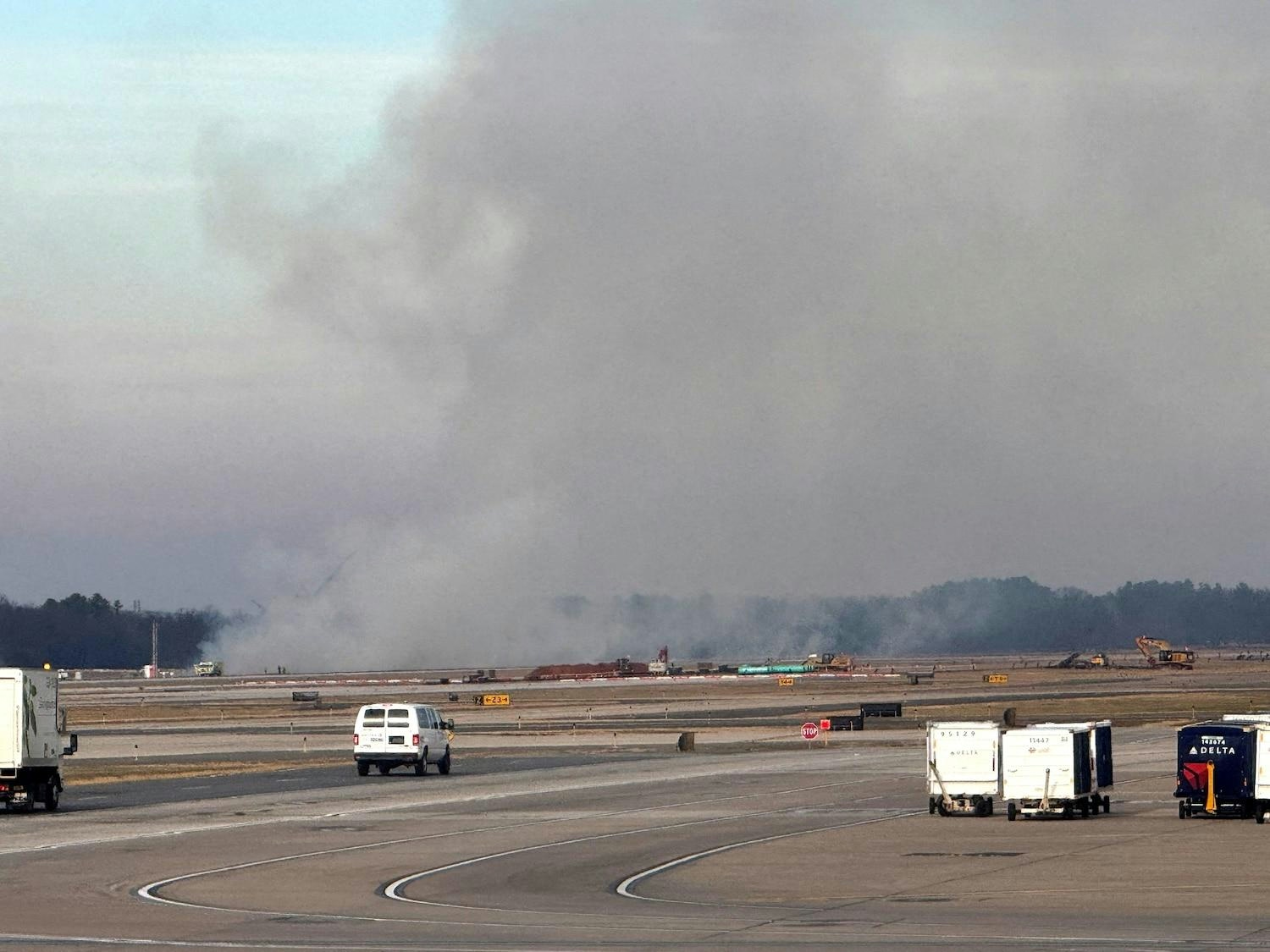
Delta Flight to Atlanta Suffers Engine Trouble, Sparks Grass Fire at Airport
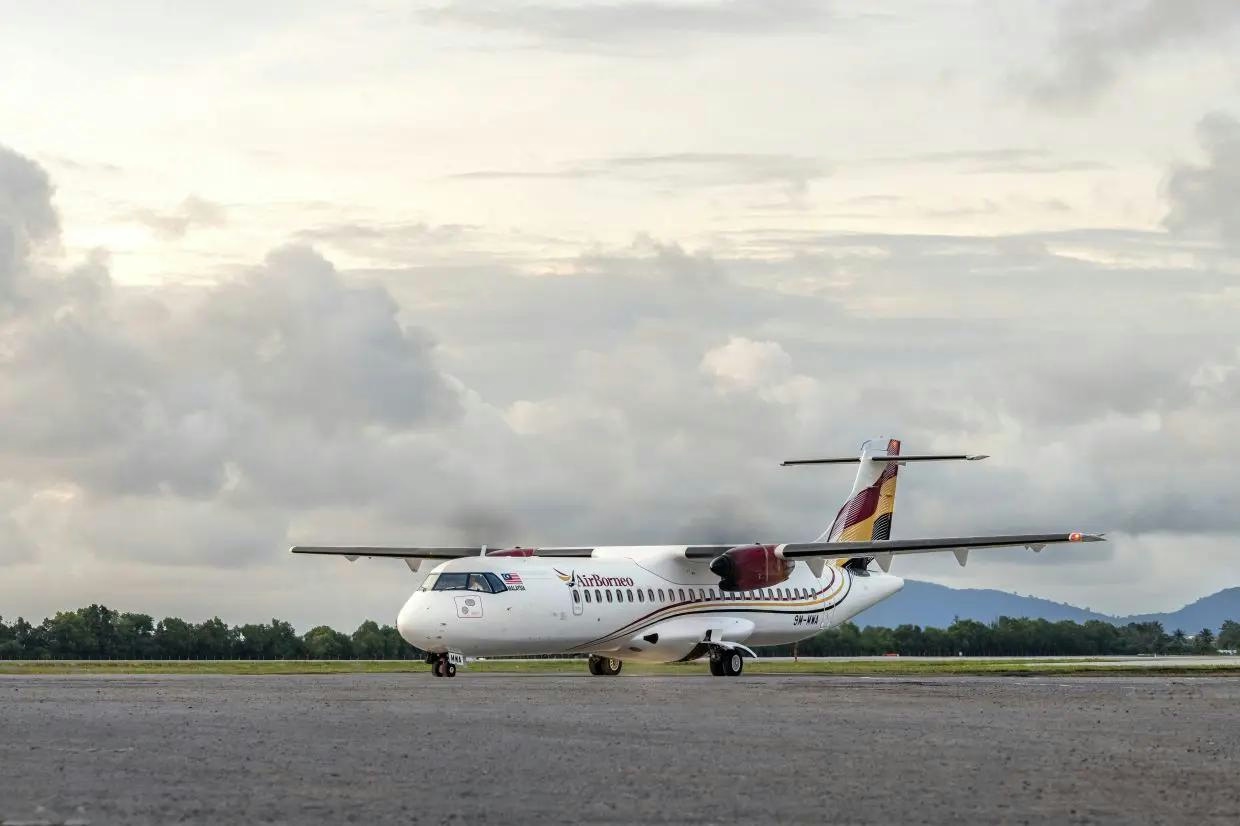
Sarawak's AirBorneo partners with IBM for AI-powered operations

PH Aerospace and MRO Exports Reach $603 Million, Says DTI
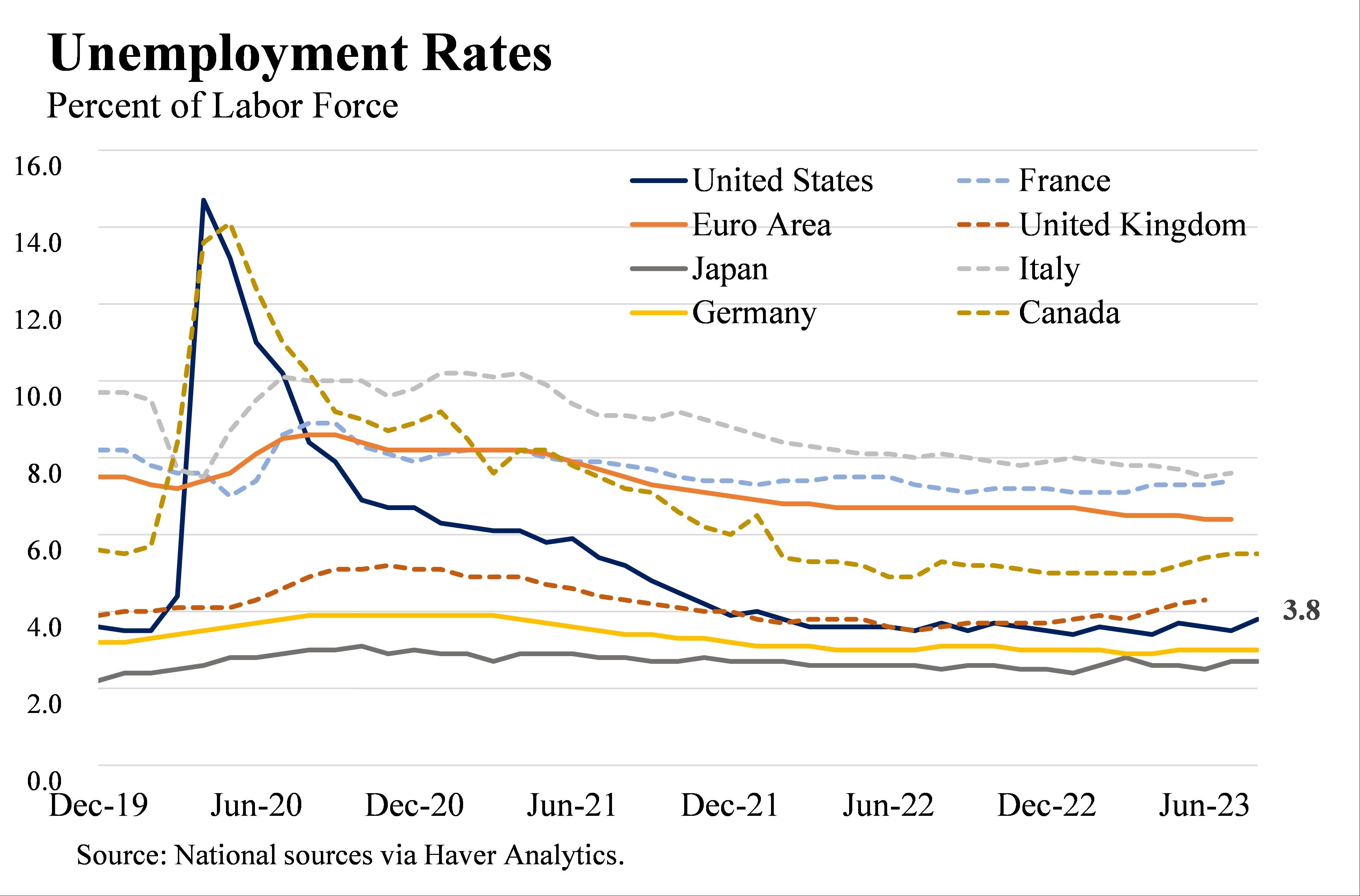
Economic Growth Drivers Show Signs of Slowing
